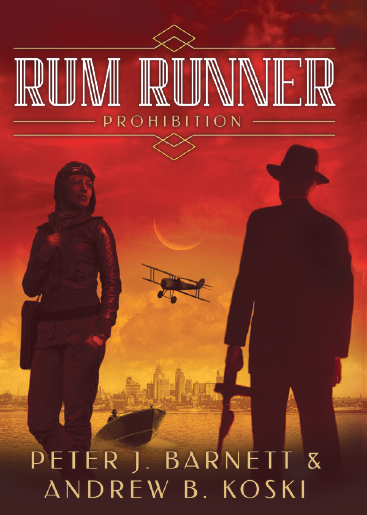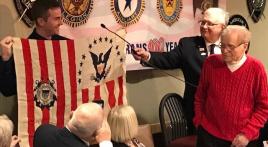Our journey begins in the Roaring 1920s and draws similarities to our current 2020’s. Both represent ages of unparalleled changes in technology, social awareness, health concerns, political corruption, division of the rich and poor, racial tensions, and the repercussions of a worldwide pandemic. But the similarities don’t end there. Iconic visionaries ruled business - Henry Ford in the 1920s and Elon Musk today. The public idolized sports figures such as Babe Ruth and LeBron James. Big business ran the United States - AT&T, General Motors, RCA, Westinghouse, radio and newspaper publishing empires. Today, Apple, Amazon, Facebook, Google, Twitter, Exxon Mobil and Microsoft rule America.
During the 1920s, we had just recovered from World War I, endured the Spanish flu pandemic, and experienced the birth of aviation. Today, America is recovering from several pointless wars, enduring a pandemic and witnessing the birth of commercial space travel. The Roaring Twenties had prohibition, gambling, opium dens, political unrest and significant immigration issues. Now, we face multiple drug addictions, voter unrest, racial divisions and continued immigration issues. Thrust into an ever-changing world, Rum Runner’s characters face challenges that resonate with today’s shifting cultures. As the French writer Jean-Baptiste Alphonse Karr once wrote, “The more things change, the more they stay the same.”
America was wide open for exploitation. A swirl of alcohol, drugs and scammers filled the country with opportunity for any enterprising individual. Detroit was reinventing itself, seemingly every day. Of these Detroiters, about 75 percent were immigrants or first-generation Americans. African Americans were relocating north in sizable numbers during the Great Migration. Women gained the right to vote and impacted a changing society. Prohibition created an entire subculture of risqué clothing, music, dancing and a liberated lifestyle while encouraging every man’s entrepreneurial spirit. Detroit, often referred to as the Paris of the West, allowed prohibition, organized crime, gambling, opium dens and speakeasies to flourish. Detroit opened its doors to the rivers of illegal booze flowing through multiple illicit, clandestine channels. Between a roaring automobile and a budding aviation industry, the Prohibition liquor trade turned 1920's Detroit into one of the most exciting, quirky, and frenetic cities in the world.



